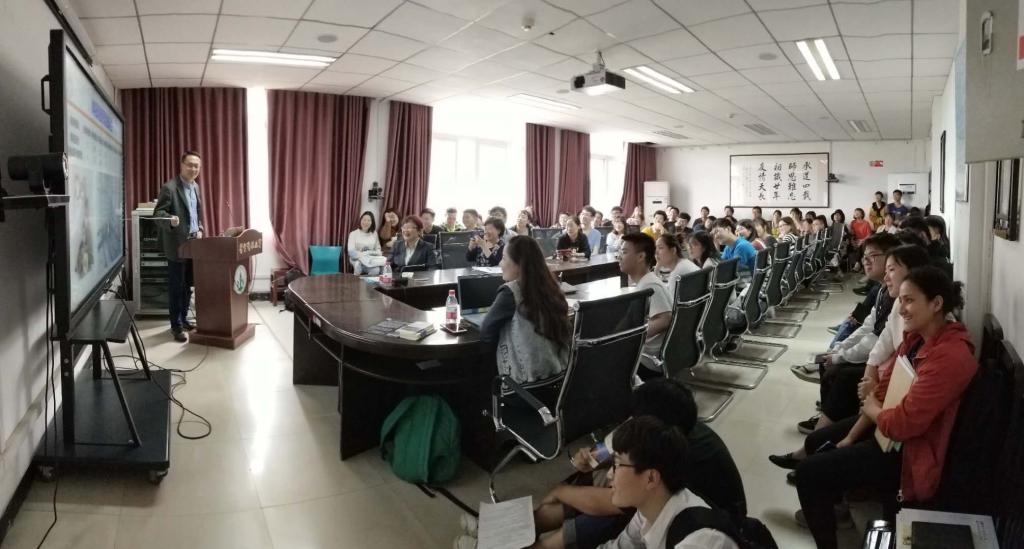On April 23, at the invitation of Professor Yang Guang, the researcher of the non-primate research platform of the Institute of Neuroscience of the Chinese Academy of Sciences, Sun Qiang, visited the Institute of Life and made an academic report.
Sun Qiang, researcher, director of the non-human primate research platform of the Institute of Neuroscience, Chinese Academy of Sciences, winner of the National Outstanding Youth Fund. Long-term commitment to the development of non-human primate reproductive, developmental and model animals and related technologies. In 2007, he won the first batch of "test tube crab monkeys" in China (PNAS 2008). In 2009, the Institute of Neurology was responsible for the establishment of a non-human primate research platform, and established J-transgenic monkey-based transgenic monkey construction technology, and obtained a transgenic monkey with a human autism phenotype (Nature 2016); Monkey testis xenograft technology reduced the sexual maturation time of cynomolgus monkeys by half (CellResearch 2016); established and optimized the gene editing technology of large mouse and cynomolgus monkeys based on JCRISPR/Cas9 system, and obtained gene knockout and knock-in Animals (CellResearch 2017 & 2018; NatureCommunication 2018; Nat/ SciRev 2019); chimeric, off-target, complex genetic manipulation difficulties, genetic background inequalities, and long passage times to address existing non-human primate model animals Defects, led the team through five years of research, the first international non-human primate somatic cell cloning technology (Cell 2018); the creation of the world's first biological rhythm disorder somatic clonal monkey model, the results published in two series of papers ( NationalScience Review, 2019).










